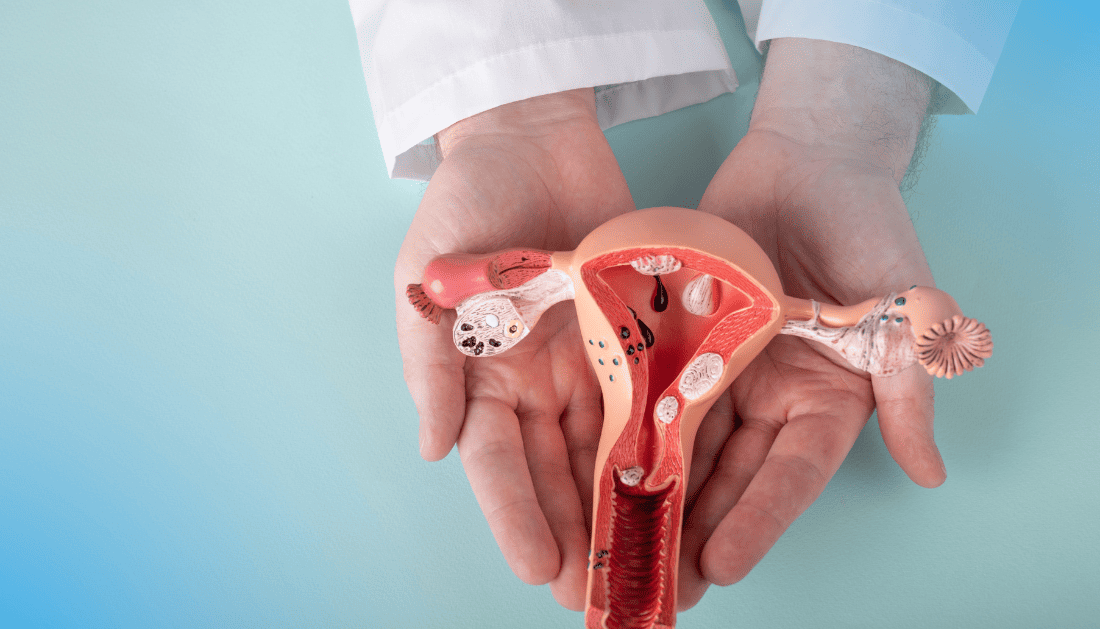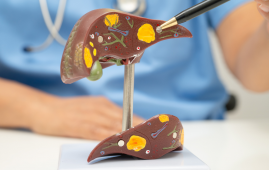

Can what you eat really impact your chances of getting pregnant? A recent study published in Frontiers in Nutrition suggests that the answer lies in your gut—literally. Researchers investigated the Dietary Index for Gut Microbiota (DI-GM) and its connection to female infertility, uncovering a surprising threshold effect that challenges the “more is better” notion when it comes to healthy eating.
What Is the Gut Microbiota DI-GM Score?
The DI-GM is a scoring system developed to reflect how diet influences gut microbiota. It includes 14 components—10 beneficial (like fiber, whole grains, green tea, and fermented dairy) and 4 harmful (such as processed meats and refined grains). Participants in the study were scored between 0 and 13 based on dietary recall surveys.
Gut Microbiota Scores and Infertility: A Non-Linear Association
Analyzing data from 3,053 women aged 18–45 in the NHANES survey, researchers found a non-linear association between DI-GM scores and infertility. About 12.12% of participants were classified as infertile.
Generally, higher DI-GM scores (indicating a more gut-friendly diet) were associated with lower infertility risk. However, this benefit plateaued—and even reversed—beyond a DI-GM score of 8. In other words, going overboard on gut-friendly foods might increase infertility risk, defying conventional dietary wisdom.
The Inflection Point: DI-GM Score of 8
Using statistical models, researchers identified a threshold effect at a DI-GM score of 8. Below this score, infertility risk decreased as diet quality improved. Above it, infertility risk began to rise again. This unexpected U-shaped curve suggests that dietary balance—not dietary excess—may be the most effective strategy in improving fertility outcomes.
Additional Observations
Women with lower DI-GM scores tended to have higher BMI, were more likely to be current smokers, and had poorer metabolic markers like high triglycerides and fasting glucose. Fertility rates improved steadily from the lowest to the highest DI-GM quartile, but only up to a point.
Conclusion: Balance Over Excess
The findings add to a growing body of evidence that links gut health with female reproductive health. They suggest that dietary interventions using gut microbiota indices like DI-GM could be a promising, non-pharmaceutical way to address infertility. However, the study also warns that more is not always better—particularly when it comes to dietary improvements aimed at gut health.
Future research is needed, but one thing is clear: when it comes to diet and fertility, striking the right balance could be more important than simply piling on “healthy” foods.
For more information: Zhang, X., Wu, L., Li, H., Zhang, S., & Hua, W. (2025). Association between the dietary index for gut microbiota and female infertility: a cross-sectional study of NHANES 2013–2018. In Frontiers in Nutrition (Vol. 12). Frontiers Media SA, DOI – 10.3389/fnut.2025.1583805, https://www.frontiersin.org/journals/nutrition/articles/10.3389/fnut.2025.1583805/full
more recommended stories
 Fragmentome Technology Detects Early Liver Fibrosis
Fragmentome Technology Detects Early Liver FibrosisKey Points at a Glance AI-based.
 CTNNB1 Syndrome Study Explores Beta-Catenin Defects
CTNNB1 Syndrome Study Explores Beta-Catenin DefectsKey Takeaways Researchers in Spain are.
 Tuberculosis Breakthrough with Experimental Antibiotics
Tuberculosis Breakthrough with Experimental AntibioticsKey Takeaways Experimental antibiotics disrupt a.
 National Healthy Longevity Trial Receives Federal Support
National Healthy Longevity Trial Receives Federal SupportKey Summary Up to $38 million.
 Red Blood Cells Improve Glucose Tolerance Under Hypoxia
Red Blood Cells Improve Glucose Tolerance Under HypoxiaKey Takeaways for Clinicians Chronic hypoxia.
 Nanoplastics in Brain Tissue and Neurological Risk
Nanoplastics in Brain Tissue and Neurological RiskKey Takeaways for HCPs Nanoplastics are.
 AI Predicts Chronic GVHD Risk After Stem Cell Transplant
AI Predicts Chronic GVHD Risk After Stem Cell TransplantKey Takeaways A new AI-driven tool,.
 Red Meat Consumption Linked to Higher Diabetes Odds
Red Meat Consumption Linked to Higher Diabetes OddsKey Takeaways Higher intake of total,.
 Pediatric Crohn’s Disease Microbial Signature Identified
Pediatric Crohn’s Disease Microbial Signature IdentifiedKey Points at a Glance NYU.
 Nanovaccine Design Boosts Immune Attack on HPV Tumors
Nanovaccine Design Boosts Immune Attack on HPV TumorsKey Highlights Reconfiguring peptide orientation significantly.

Leave a Comment